On May 29, Japan's Kyodo news agency reported that North Korea had informed Japan of its plan to launch a satellite between May 31 and June 11.
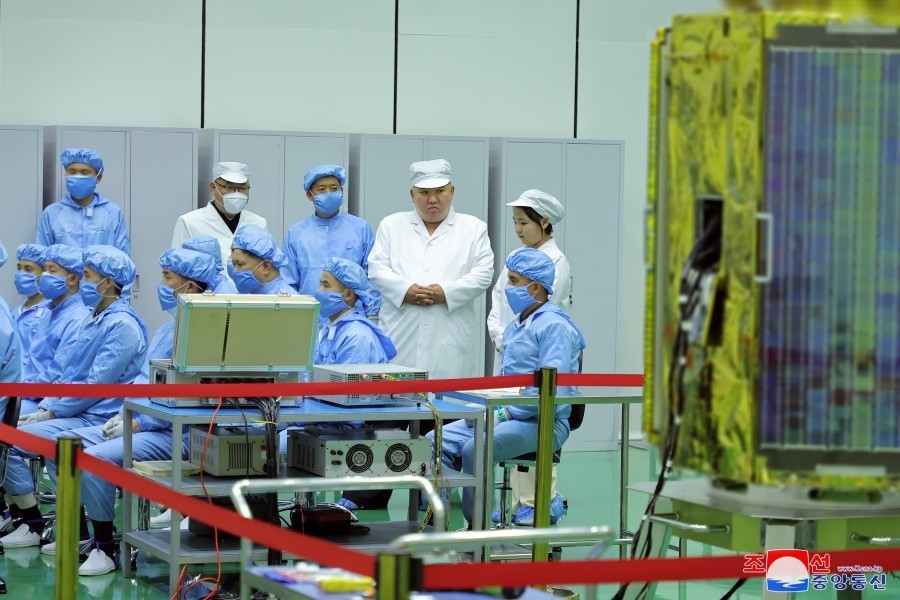 |
| North Korean leader Kim Jong-un and his daughter Kim Ju-ae inspect the Non-Permanent Satellite Launch Preparation Committee on May 16. (Source: KCNA) |
The information comes as Pyongyang prepares to launch its first military spy satellite into orbit.
According to the source, North Korea informed the Japanese government of Pyongyang's plan to establish a dangerous maritime zone during the above period.
Meanwhile, NHK said North Korea also informed the International Maritime Organization (IMO) about its satellite launch plan.
In response to this information, on the same day, the Japanese Ministry of Defense directed preparations to destroy any North Korean missiles with SM-3 or Patriot PAC-3 missiles.
Japanese Chief Cabinet Secretary Matsuno said any rocket launch under the guise of a satellite launch was a threat to Japan's security.
Pyongyang has not commented on Tokyo’s response. North Korea has said it has completed preparations to mount its first military spy satellite on a rocket, leading to speculation that Pyongyang could launch the satellite as early as June.
In other news related to the relationship between the two countries, on the same day, the Korean Central News Agency (KCNA) quoted a statement from the country's Foreign Ministry stating that Pyongyang is ready to sit at the negotiating table with Japan if Tokyo has a suitable attitude.
The statement came after Japanese Prime Minister Kishida Fumio expressed his willingness to meet with North Korean leader Kim Jong-un unconditionally to resolve the issue of Japanese citizens abducted in the 1960s and 1970s.
In a press release published on KCNA , North Korean Vice Foreign Minister Pak Sang-gil noted that although Tokyo spoke of an "unconditional" meeting, it was linking the meeting to resolving the issue of abducted citizens and Pyongyang's right to self-defense, considering this a prerequisite for improving bilateral relations.
According to Vice Minister Pak Sang-gil, in the 21st century, North Korea and Japan have held two rounds of summit talks, but relations between the two countries have not improved.
He stressed that if Japan puts forward better proposals, a new decision based on the concept of mutual recognition that is in line with changing international trends and in tune with the times, without being stuck in the past, and seeking to improve relations, then there is no reason for the two sides not to meet.
Source


![[Photo] General Secretary To Lam begins official visit to Russia and attends the 80th Anniversary of Victory over Fascism](https://vphoto.vietnam.vn/thumb/1200x675/vietnam/resource/IMAGE/2025/5/8/5d2566d7f67d4a1e9b88bc677831ec9d)
![[Photo] General Secretary concludes visit to Azerbaijan, departs for visit to Russian Federation](https://vphoto.vietnam.vn/thumb/1200x675/vietnam/resource/IMAGE/2025/5/8/7a135ad280314b66917ad278ce0e26fa)

![[Photo] President Luong Cuong presents the decision to appoint Deputy Head of the Office of the President](https://vphoto.vietnam.vn/thumb/1200x675/vietnam/resource/IMAGE/2025/5/8/501f8ee192f3476ab9f7579c57b423ad)
![[Photo] National Assembly Chairman Tran Thanh Man chairs the meeting of the Subcommittee on Documents of the First National Assembly Party Congress](https://vphoto.vietnam.vn/thumb/1200x675/vietnam/resource/IMAGE/2025/5/8/72b19a73d94a4affab411fd8c87f4f8d)
![[Photo] Prime Minister Pham Minh Chinh meets with the Policy Advisory Council on Private Economic Development](https://vphoto.vietnam.vn/thumb/1200x675/vietnam/resource/IMAGE/2025/5/8/387da60b85cc489ab2aed8442fc3b14a)
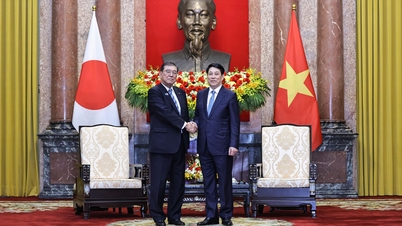

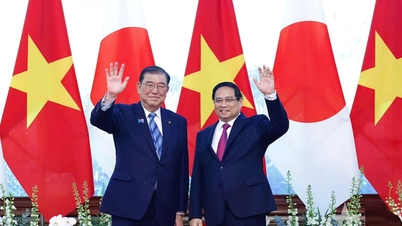



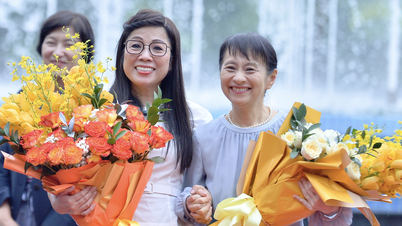





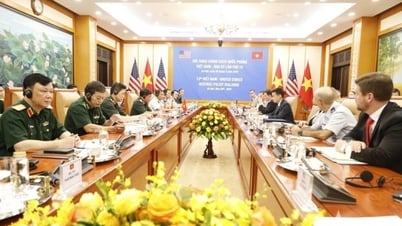


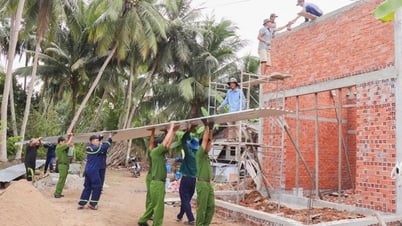
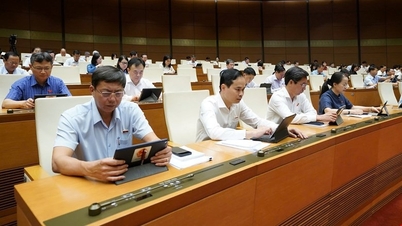





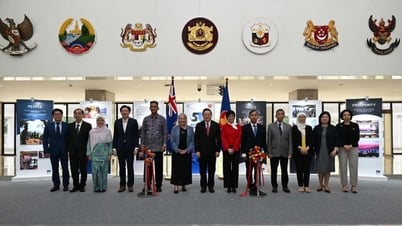
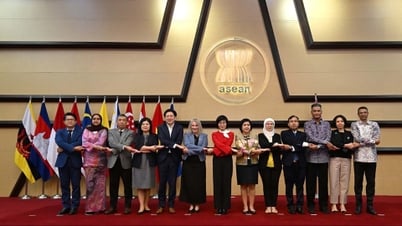
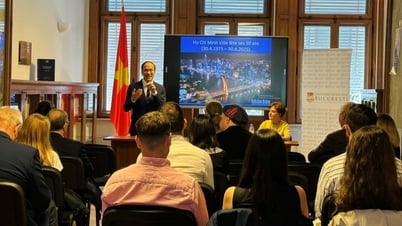
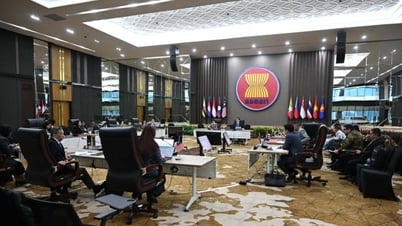

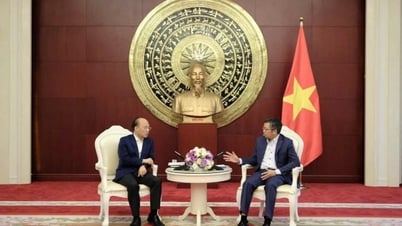































![[Photo] Prime Minister Pham Minh Chinh talks on the phone with Singaporean Prime Minister Lawrence Wong](https://vphoto.vietnam.vn/thumb/402x226/vietnam/resource/IMAGE/2025/5/8/e2eab082d9bc4fc4a360b28fa0ab94de)
















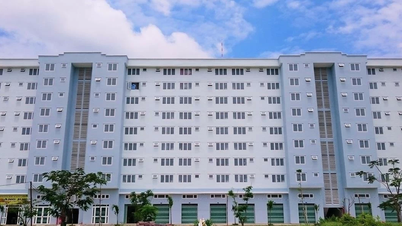











Comment (0)